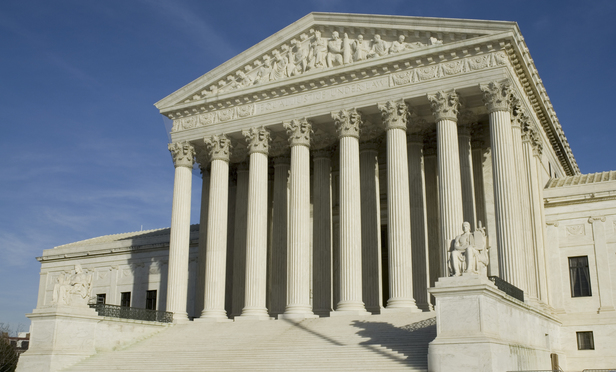On March 21, the U.S. Supreme Court declined to review one of the decade’s most important legal developments in business bankruptcy practice. The topic is “equitable” mootness, a judge-made rule under which courts dismiss challenges to consummated Chapter 11 plans as “equitably” moot. The purpose of the doctrine is commendable—to prevent heedless unscrambling of the operations of businesses just out of bankruptcy. But the cost of avoiding disruption is high, because it brings dismissal no matter how strong the creditor’s claim.
From the perspective of a bankruptcy court confronting intransigent opponents in a large business bankruptcy, the doctrine offers expeditious convenience. If the court approves a plan of reorganization and puts it into operation, equitable mootness ends the litigation at that point. Unsatisfied creditors lose their right to appeal at the moment the plan takes effect. However strong their claims of error, however unlawful the plan, they have no recourse in either the district court or the court of appeals.
This content has been archived. It is available through our partners, LexisNexis® and Bloomberg Law.
To view this content, please continue to their sites.
Not a Lexis Subscriber?
Subscribe Now
Not a Bloomberg Law Subscriber?
Subscribe Now
LexisNexis® and Bloomberg Law are third party online distributors of the broad collection of current and archived versions of ALM's legal news publications. LexisNexis® and Bloomberg Law customers are able to access and use ALM's content, including content from the National Law Journal, The American Lawyer, Legaltech News, The New York Law Journal, and Corporate Counsel, as well as other sources of legal information.
For questions call 1-877-256-2472 or contact us at [email protected]



